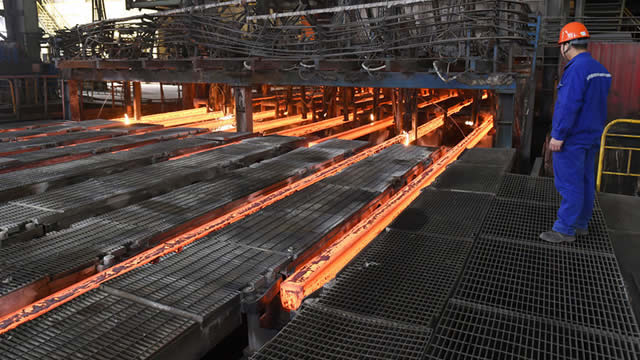The Metals Company’s Controversial Plan to Mine the Pacific Ocean Seabed
The Metals Company (TMC), a NASDAQ-listed firm, has made waves in the mining industry with its ambitious plan to mine the Pacific Ocean seabed for critical metals. The company, which is already licensed by the International Seabed Authority (ISA), is now seeking approval from the Trump Administration to bypass the UN-backed process that governs international waters. This move has sparked controversy and raised questions about the potential environmental and geopolitical implications of such an endeavor.
Background on the Pacific Ocean Seabed Mining
The Pacific Ocean seabed is rich in critical metals, including manganese, nickel, and cobalt, which are essential components in batteries used in electric vehicles and renewable energy technologies. The ISA, an international organization established under the UN Convention on the Law of the Sea, oversees the exploration and exploitation of these resources in the international seabed area. However, the process for obtaining a mining license from the ISA can be lengthy and complex, involving extensive environmental impact assessments and consultations with stakeholders.
The Metals Company’s Request for US Backing
In a move that has surprised many, TMC has opted to seek US backing for its seabed mining plans via a pre-application with the National Oceanic and Atmospheric Administration (NOAA). The company argues that the US has the jurisdiction to grant mining leases in the Clarion-Clipperton Zone of the Pacific Ocean, which is believed to contain vast deposits of critical metals. However, this view is not universally accepted, and the move has been criticized by some as a way to circumvent the ISA’s regulatory framework.
Environmental Concerns
Critics of seabed mining argue that the potential environmental risks outweigh the benefits. The process involves using large machines to suck up sediment from the seabed, which can disrupt ecosystems and harm marine life. There are also concerns about the potential release of toxic chemicals and heavy metals into the water, which could have long-term impacts on the health of marine organisms.
Geopolitical Implications
The race to secure access to critical metals is heating up, and the Pacific Ocean seabed is a valuable prize. China, which is the world’s largest producer of rare earth elements, has been investing heavily in seabed mining technology. The US, which relies on imports for most of its critical metals, sees the potential benefits of controlling its own supply. However, this race for resources could lead to tensions between countries and potentially even conflicts.
Impact on Consumers and the World
The potential impact of seabed mining on consumers and the world at large depends on several factors, including the environmental and geopolitical implications of the industry. If the mining process is carried out in a responsible and sustainable manner, it could provide a reliable source of critical metals, which are essential for the transition to a low-carbon economy. However, if the industry is not regulated effectively, it could lead to environmental damage and geopolitical tensions, which could drive up the cost of these metals and make it more difficult for consumers to access them.
- Environmental damage: Seabed mining could disrupt ecosystems and harm marine life, leading to a potential loss of biodiversity.
- Geopolitical tensions: The race for control of critical metals could lead to tensions between countries and potentially even conflicts.
- Cost and availability: The cost and availability of critical metals could be impacted by the environmental and geopolitical risks associated with seabed mining.
Conclusion
The Metals Company’s plan to mine the Pacific Ocean seabed for critical metals has raised important questions about the potential environmental and geopolitical implications of this industry. While the potential benefits of securing a reliable source of critical metals are significant, the risks associated with the industry cannot be ignored. It is essential that any mining activity is carried out in a responsible and sustainable manner, with a focus on minimizing the environmental impact and avoiding geopolitical tensions. Only then can we ensure that the benefits of seabed mining are realized, while mitigating the risks.





